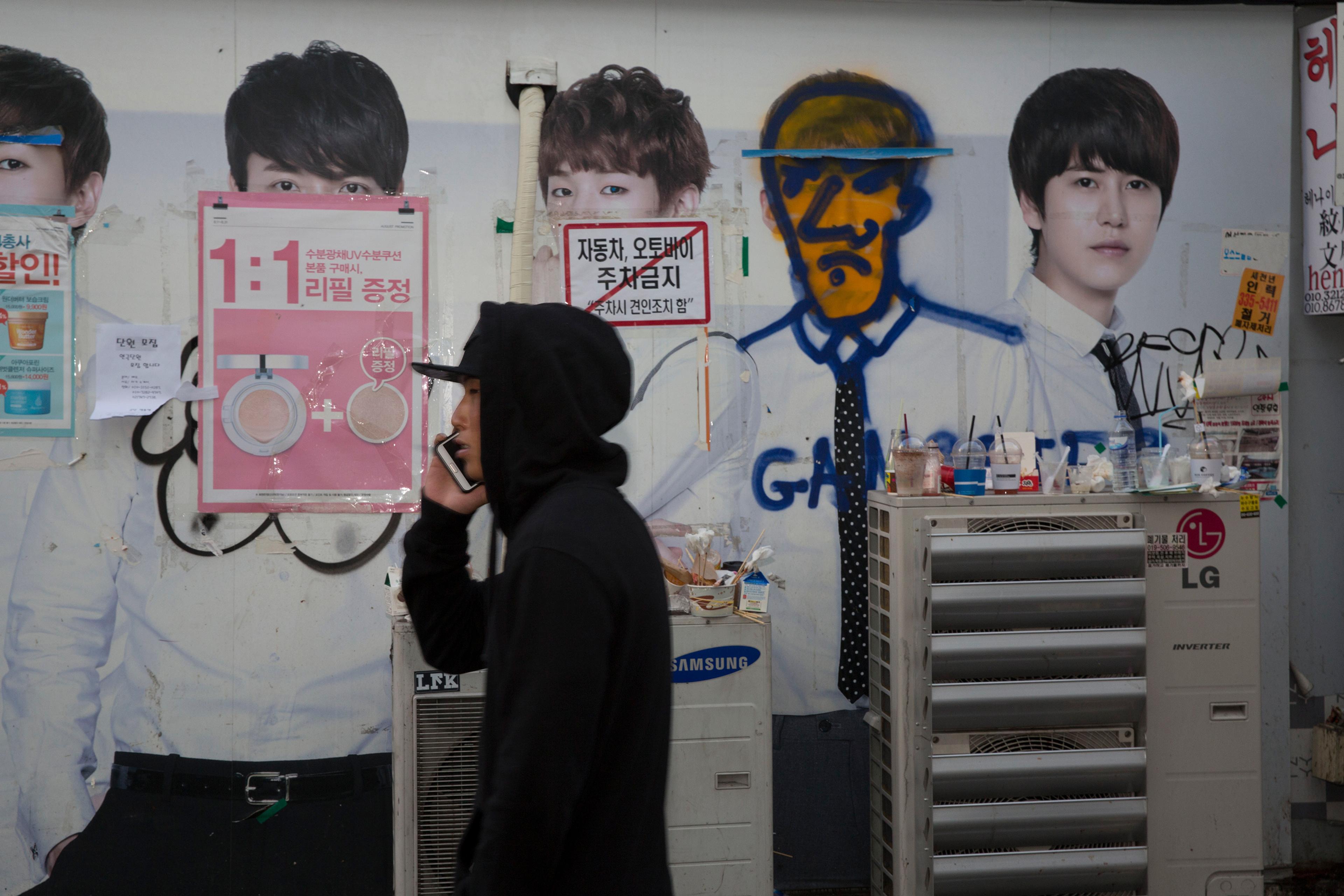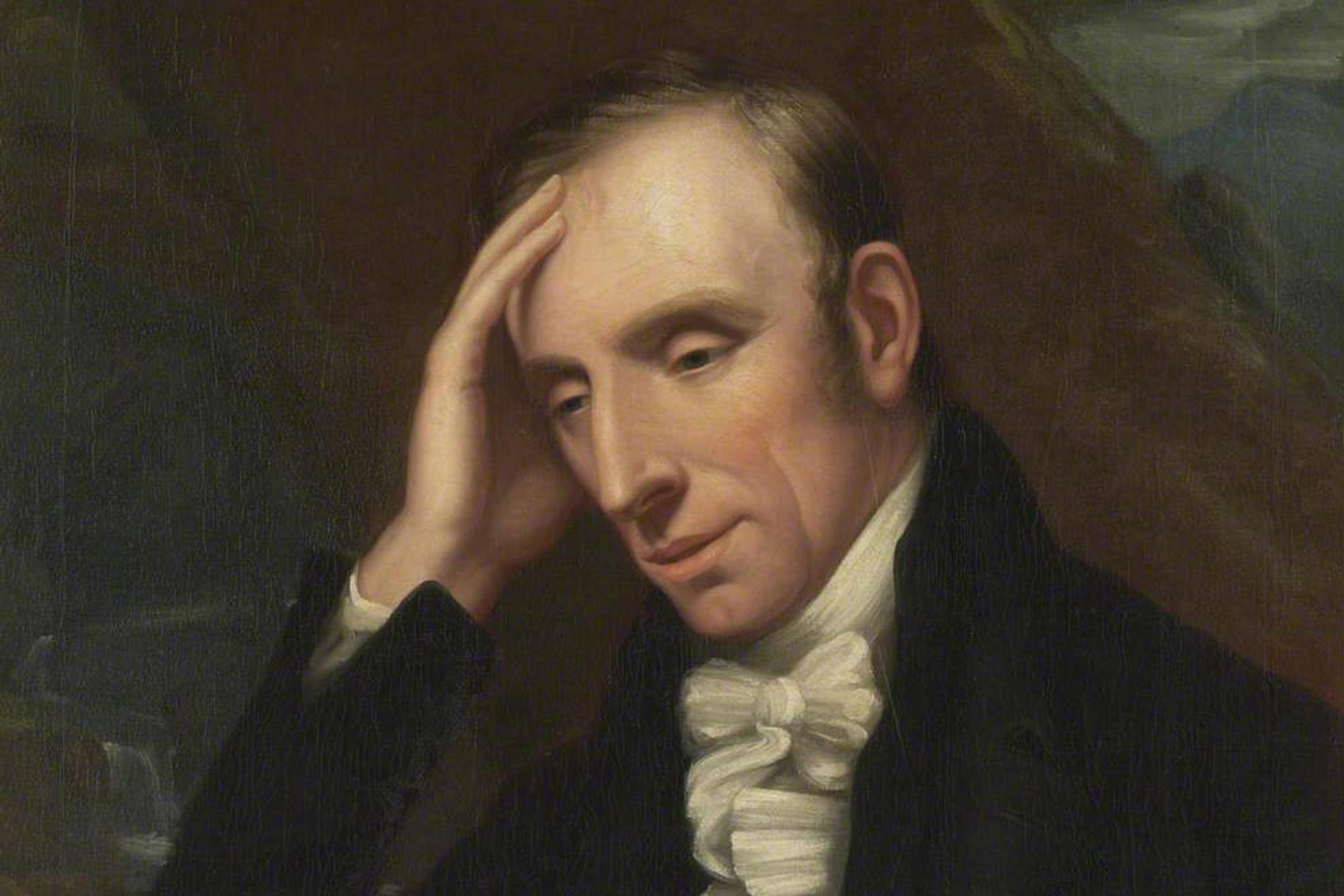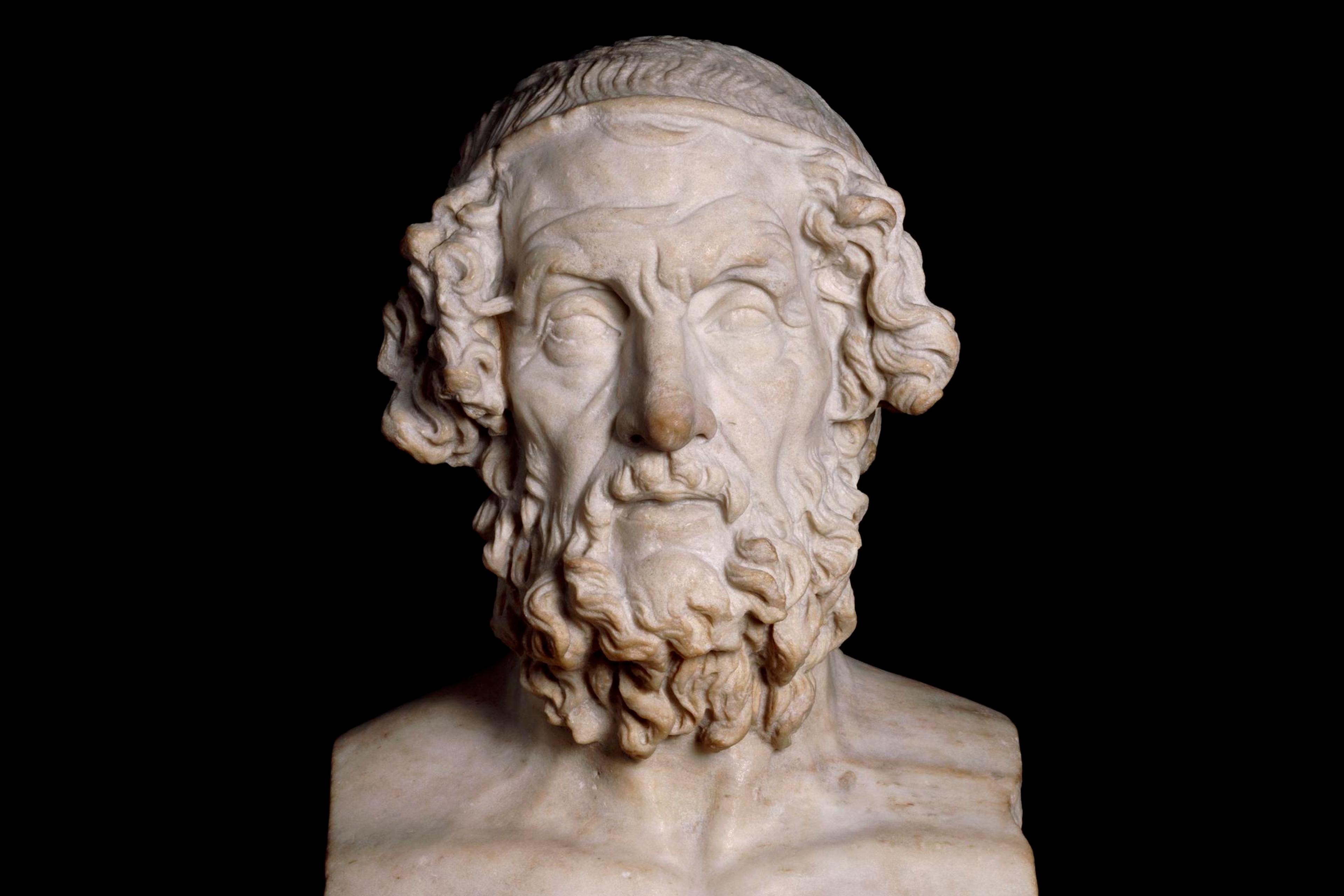It’s fun stumbling upon psychological concepts in unexpected places. I remember first learning about the Johari Window (an obscure framework for thinking about the limits of self-knowledge) in the Robert Galbraith novel The Cuckoo’s Calling (2013). It happened again the other day. I was enjoying the action thriller Nobody’s Hero (2024) by M W Craven – my middle-aged version of brain rot – when the hero Ben Koenig invoked the ‘Peter Principle’ – the idea that people tend to get promoted to the point of maximum incompetence.
Koenig is already a curious character for anyone interested in psychology. He has Urbach-Wiethe disease, which has calcified his right amygdala – apparently rendering him incapable of feeling fear (a handy attribute for an action hero). By dint of his training with various special forces, he’s also a repository of fun psychological wisdom, such as the Peter Principle, which he draws on to explain why the assassins have chosen to murder a bunch of mid-ranking infrastructure experts, rather than their superiors.
I checked it out, and the Peter Principle is a genuine concept that originated with a bestselling, semi-satirical book of the same name in 1969, co-written by two Canadians, the educationalist Laurence J Peter and the playwright Raymond Hull. There’s a simple logic to their idea – you keep performing well, you keep getting promoted, until you reach a managerial role at which you struggle and so you don’t get promoted again. Various studies have confirmed there’s a truth to the logic, at least in the context of sales, the military and academia.
I’m going to add the Peter Principle to my mental dictionary of psychological concepts – and use it as a reminder not to rest on my laurels. We can’t assume that the skills and knowledge that served us well in the past will be enough for whatever challenges we face in the future.












